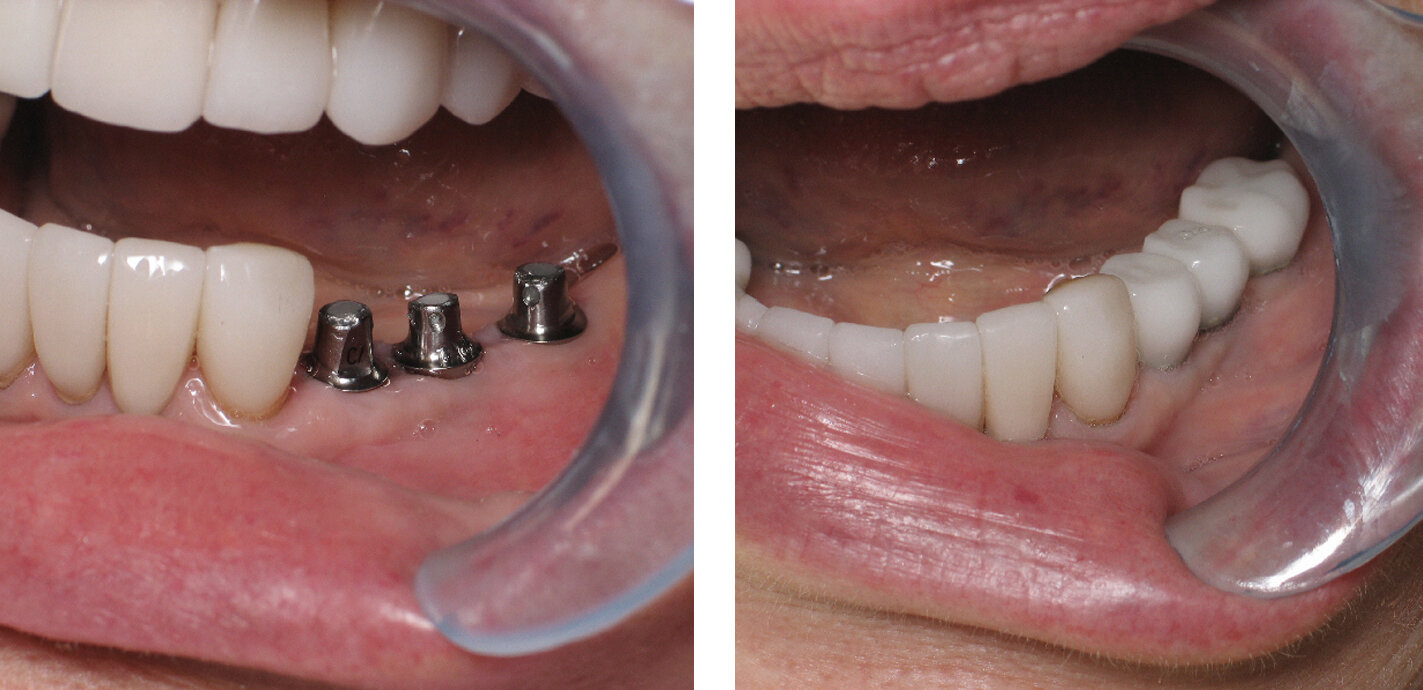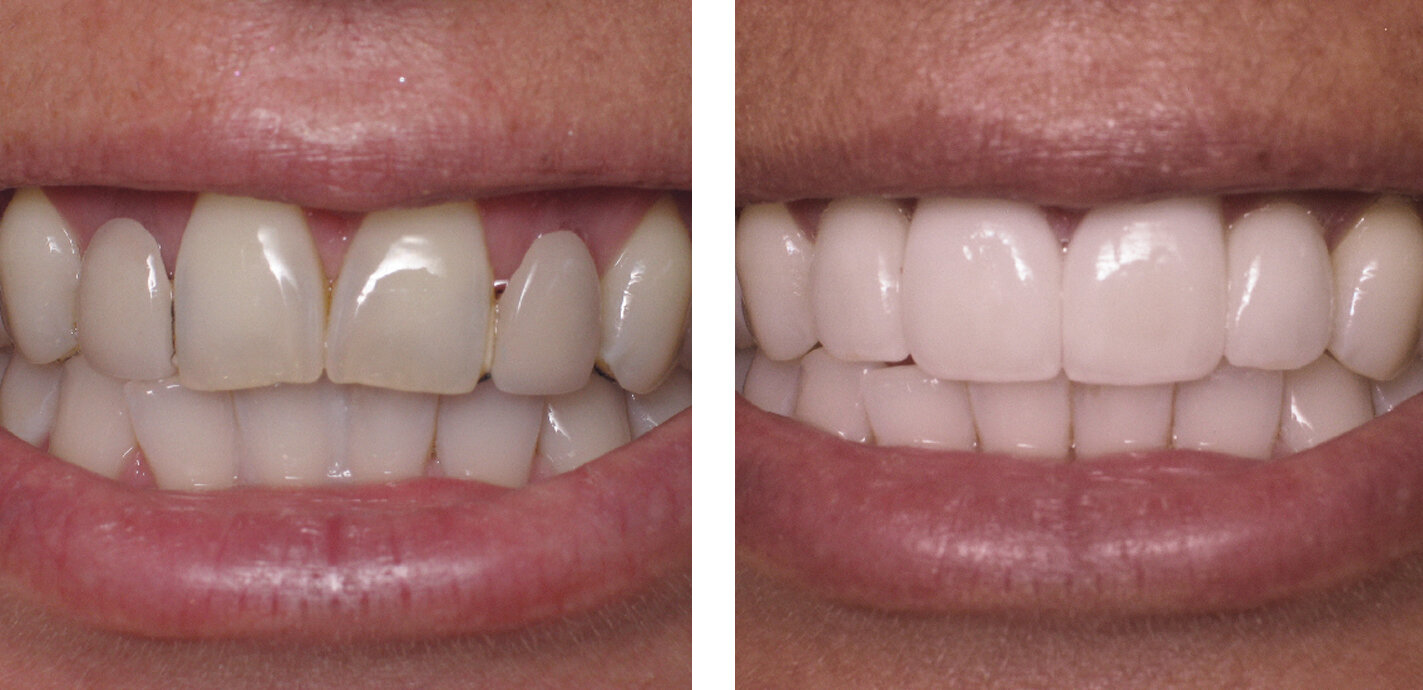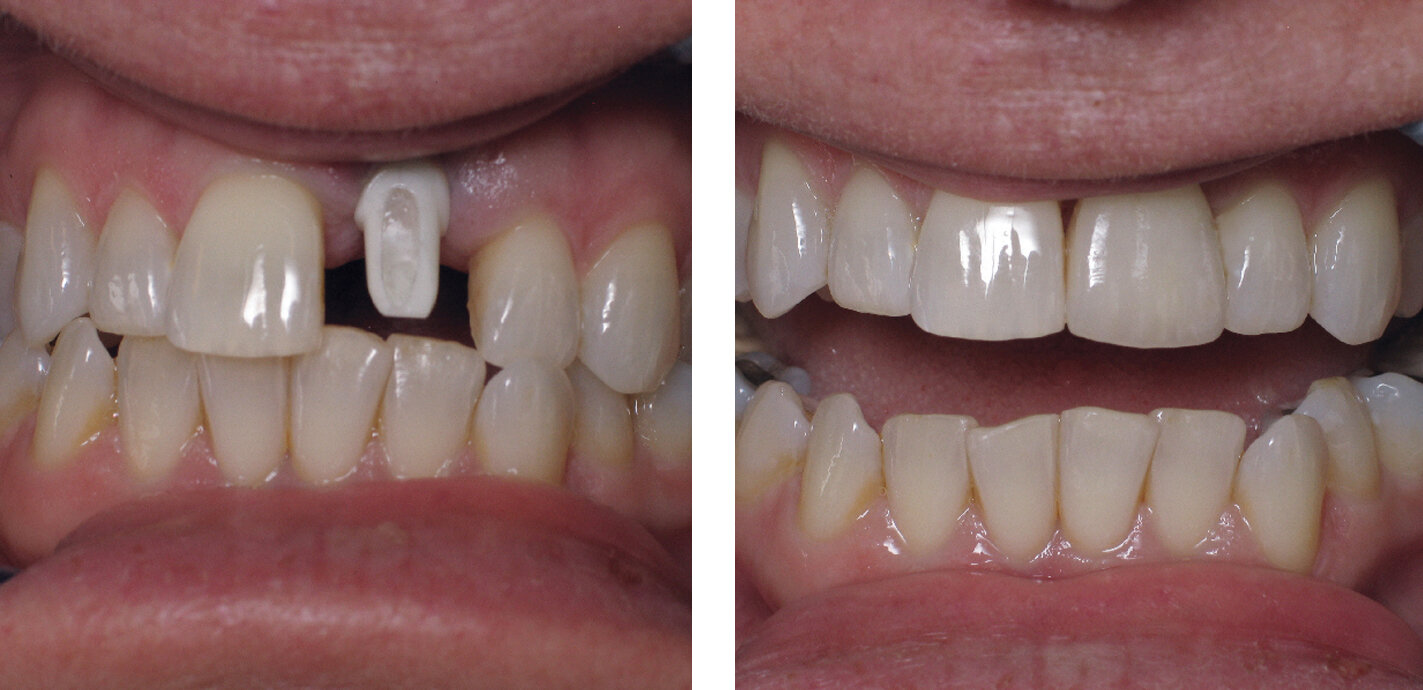Restoring Smiles to Perfection

Implants
They Feel, Look, and function
just like Natural Teeth
Pardon our dust. We’re under construction.
TO EXPLORE THE POSSIBILITIES, CALL
952-593-9310
Who is a candidate for dental implants?
If you are interested in dental implants to replace missing teeth, the first step is to schedule a free consultation with us. We will review your medical history and take x-rays, which will help determine if a dental implant is an option for you. Generally, ideal candidates:
- Are missing one or more teeth
- Are healthy and have no medical conditions that could impair bone healing
- Have an adequate amount of jawbone or can tolerate a bone graft
- Are adults with a fully grown jawbone and healthy oral tissue
- Can commit to a few months for the treatment and healing process
- Are non-smokers or are willing to quit
What options do I have to replace missing teeth besides implants?
While implants are generally the longest lasting and most predictable option, several other options exist, such as dental bridges (which use adjacent teeth as anchors) and removable options (such as dentures).
From start to finish, how long will it take from the implant placement to having a functioning tooth again?
While it's technically possible to affix a crown (the replacement tooth) to your implant soon after its placement, we recommend waiting at least three months to allow enough time for your body to heal the surrounding tissue and for implant integration into your jaw bone.
How is the implant placement procedure?
A single-tooth implant procedure will take about an hour to complete.
Does a dental implant function like a normal tooth?
There are subtle differences between a natural tooth and an implant, but they look and function very similarly. Best of all, they can last a lifetime if well cared for, just like your natural teeth. Brushing and flossing will be part of your everyday hygiene routine, as it is essential to keep the gums around the implant in optimum health for long-term success.
Are there factors that may compromise an implant’s success?
Certain medical conditions, such as osteoporosis and diabetes, along with any tobacco use, may impede healing around your newly placed implant. We will carefully review your health history and develop a unique treatment plan before moving forward.
What other steps are involved?
To successfully place a dental implant, enough gum tissue and jaw bone must be present to support it. If either is insufficient, grafting procedures may be necessary beforehand. We will assess your bone and gum health and share the essential steps to place an implant during your consultation appointment.
How long will an implant last?
It can last a lifetime if properly taken care of with regular brushing, flossing, and dental cleanings. We can't guarantee success but will provide the best surgical after-care, along with hygiene and nutrition suggestions that promote a healthy oral environment.
What are the main differences between an implant and a bridge?
An implant is a long-term, non-removable tooth replacement solution that fuses into the jaw bone and gets topped off with a crown. Even though an implant is more costly than a bridge (and requires more healing time and procedures to place), it will reduce the long-term risks of bone loss and provide the most aesthetic and functional replacement for a missing tooth.
In contrast, a bridge and its pontic (the artificial tooth mounted on top) is a shorter-term, less expensive, quicker fix for a missing tooth. But keep in mind that it will not feel, function, or look like a real tooth, as an implant would. And since a bridge is removable and not integrated into the jaw, as time passes, bone loss/resorption and gum recession will occur underneath it.
Does a missing tooth need to be replaced?
Yes! When an adult tooth is extracted or falls out, the loss traumatizes the jaw bone. No longer stimulated by the tooth root, the bone begins to break down and weaken—a process known as reabsorption. Aside from being unappealing aesthetically, bone loss is considered a serious issue that can change the contour of your mouth and cause your remaining teeth to shift.
Today, two therapeutic options are available to replace a missing tooth:- When a bridge or denture replaces a missing tooth, only one of two primary issues gets addressed. Even though a false tooth is placed, the root is no longer present. Hence, the surrounding tissue is unstimulated, the bone below the gum line gradually recedes, and yet another serious dental issue arises—bone loss.
- A dental implant is essentially a new tooth root. Along with its companion crown, the two create the optimum permanent tooth replacement solution designed to prevent bone loss. By far, an implant is the most aesthetic, long-lived, and functional replacement for a missing tooth.
Are dental implants expensive?
The cost of a single implant is roughly the same as a three-tooth bridge. That said, there's a noticeable price differential when comparing bridges vs. implants, but there's also a differential in their longevity and overall health potential. A bridge would likely need to be replaced at some point and will cause long-term bone loss, while an implant may last a lifetime and fosters your natural bone volume.
The total cost for implant treatment will depend on the amount and quality of bone you have in the vicinity of the missing tooth/teeth and the number of implants needed. Call us to schedule a free consultation to explore your restoration options and their cost.
Are dental implants safe?
Yes! Unlike traditional dentures and bridgework, dental implants do not cause any damage to your existing bone. Additionally, all dental implants are biocompatible—made from titanium or zirconia (a ceramic material).
If you have high blood pressure, diabetes, or any other serious health condition, we will ask you to check in with your primary healthcare provider before dental implant surgery. As long as we meet certain precautions, most of our adult patients with health issues get approval for implant treatment. The only patients who are not candidates for implants are the little ones since their jaws should not be disrupted while still growing.



